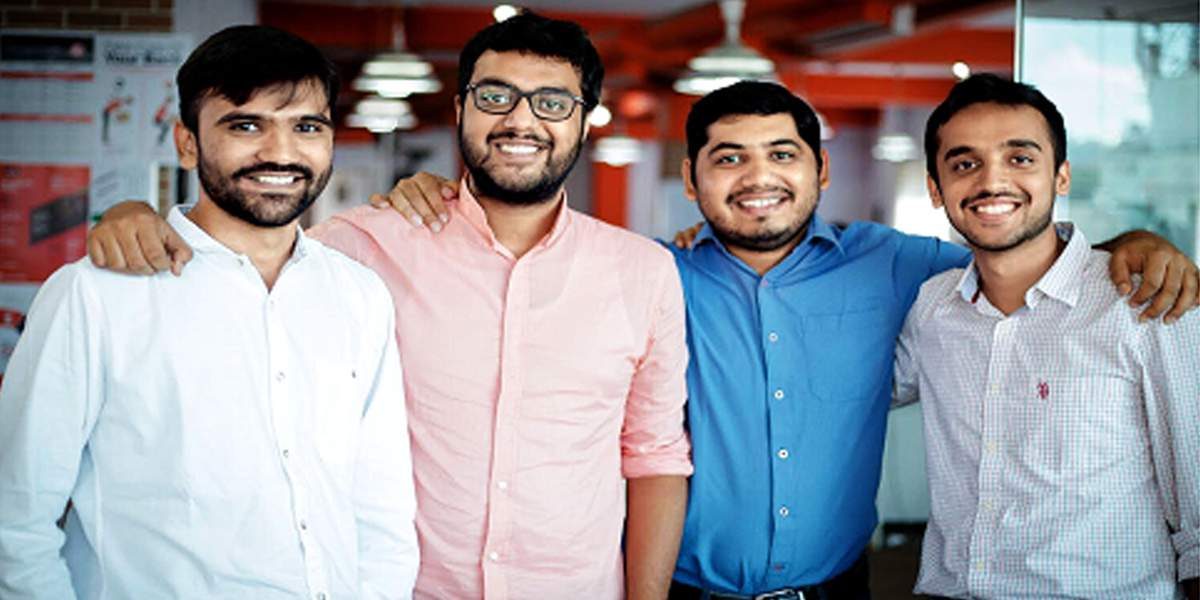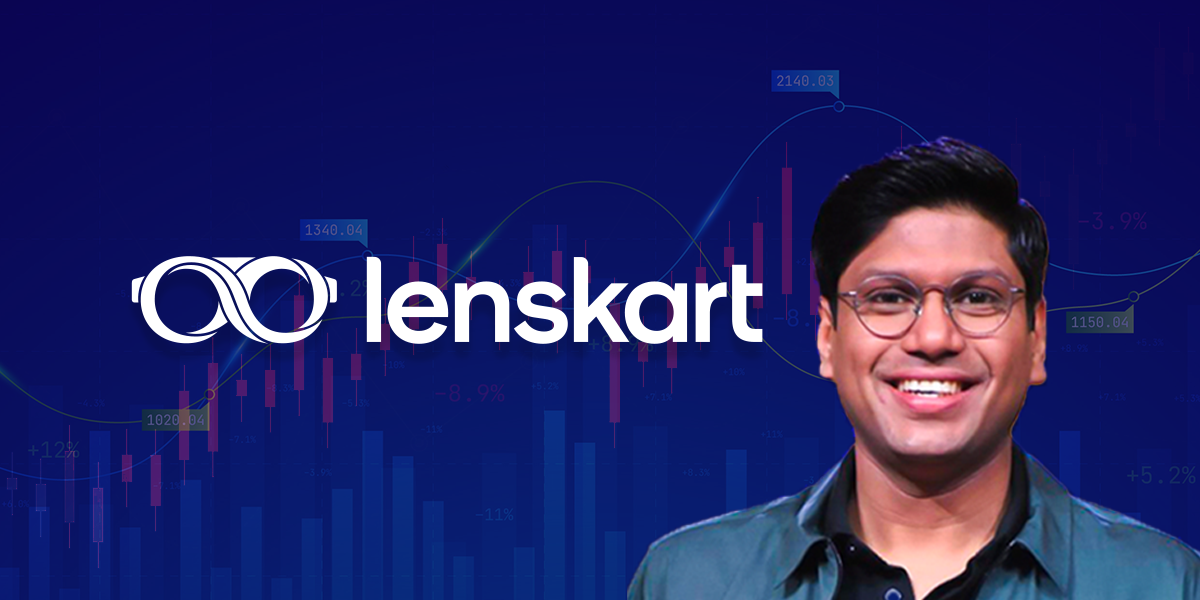Over the past two and half years logistics industry has seen several startups kicking-off their operations, and many shutting down at the same time as figuring out unit economics turned tough.
Companies such as Opinio, Runnr, Parcelled, Pickingo and several others found difficult to keep afloat independently, and eventually got acquired by larger rivals.
While all these companies had crumbled owing to poor unit economics, Bengaluru-based Shadowfax has come a long way since its inception in early 2015.
Shadowfax claims to be the largest crowdsourced delivery platform with a presence in 75 plus cities across the country. With a fleet of over 7,000 plus delivery personnel, and 400 commercial vehicles the company currently delivers about 80,000 orders on a daily basis.
Vertical aggregation to drive growth
During 2017 the company has expanded to catering businesses of various categories such as food, groceries, pharmacies, furnitures, apparels, and electronics.
The company also started light commercial vehicle and air-cargo business line. “In terms of revenue, our business has quadrupled in the last 12 months. Currently, the business is growing 10 per cent month on month,” says Abhishek Bansal, Co-Founder & CEO Shadowfax.
Motivation behind Nuvo Ex acquisition
Shadowfax also acquired e-commerce focused logistics company Nuvo Ex. “Nuvo had a strong network presence and relationships with their e-commerce partners, merging the companies took our network presence to over 75 cities, and we now have over 80 clients. Getting them on-board was a logical extension for us,” says Bansal.
According to Bansal, the deal helped Shadowfax to become a leader in reverse logistics space in India.
Creating network of kirana stores for last mile fulfilment
From past 12 months, the company has started aggregating bike, LMV and Kirana supplies. With Uber-like model, bikers can join Shadowfax’s platform and engage in both e-commerce and O2O deliveries.
“We are enabling small franchises (kirana stores) to work with all big e-commerce companies. They help in last mile delivery and can provide a variable capacity to our clients,” adds Bansal.
Shadowfax ties up kirana stores to facilitate last mile delivery for e-commerce companies including Amazon, Flipkart, and Myntra.
How Shadowfax survived bloodbath in logistics space
The biggest hurdle to a profitable network of logistics is the issue of rider efficiency. Vertically integrated businesses have to combat variable demand during the day, e.g. food delivery demand peaks during lunch and dinner hours, thus leading to unutilized fleets during off-peak hours and long wait times during peak hours.
Shadowfax claims to solve this problem by aggregating demand across multiple verticals, including food, groceries, medicines and more, and automated allocation of orders using sophisticated routing and demand prediction algorithms.
“Strong network effects of our value proposition to customers and delivery partners have helped us scale quickly to 80,000 deliveries per day with 7,000 riders across 1800 pin codes in India in less than 2 years, with minimal capital requirements,” points out Bansal.
Women riders are efficient than men
The company also has women-only fleet (of about 40 riders) in Bengaluru, and interestingly average orders delivered by a woman rider is more than average orders delivered by a regular rider. “We are letting our women fleet grow organically as it is giving us some very good riders,” says Bansal.
Financials: Funding, revenue, and loss
So far, the company has raised about $20 million risk capital from Eight Road Ventures and others. When asked about fundraising plan for the company, Bansal explains, “A few investors have shown great confidence in our team and our long-term vision and it would exciting thing to explore in the upcoming year to fuel our next phase of growth.”
According to the RoC filing of the company, Shadowfax’s revenue increased by 248 per cent during FY 2016-17 from last fiscal. The company had posted a revenue of Rs 34.07 crore, up from 9.80 crore in during 2015-16. Its losses stood at 28.51 crore during last fiscal.
Shadowfax claims to have positive gross margins for more than 12 months now. “With scale, the Gross margin is improving as well while our fixed cost has remained constant. We look to become profitable in the next financial year,” concludes Bansal.
Shadowfax: Website















